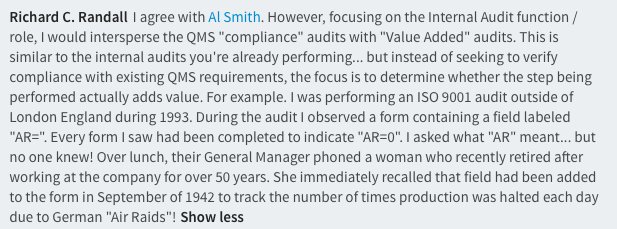Ontem li "
CTT passam a ter de entregar quase todo o correio normal em cinco dias" e olhei para estes números:
"Na prática, 96,3% do correio normal terá de ser entregue até três dias, enquanto 99,9% do correio tem de chegar ao destino em cinco dias. No caso do correio azul, com destino em Portugal continental, 94,5% tem de chegar ao destino num dia, enquanto 99,9% tem de ser entregue até três dias. Ou seja, no limite, a carta tem de chegar ao destinatário em três dias, havendo uma curta margem para os CTT falharem neste aspeto."
Dois temas:
- padrões de qualidade
- evolução da qualidade
Acerca dos padrões de qualidade:
Tomando como referência os números de
Julho de 2017, não encontro outros mais recentes assim rapidamente, em que os CTT terão tratado de 203,6 milhões de objectos durante o primeiro semestre de 2017, quantos objectos de correio normal os CTT poderão entregar para lá dos 5 dias?
203,6 milhões - 203,6 milhões x 0,999 = 203 600 objectos
E volto a postais de 2006 e 2009 para chamar a atenção à ANACOM sobre como é enganador trabalhar com percentagens quando o número de eventos ronda as centenas de milhão:
Acerca da evolução da qualidade:
Olhando para os números dos postais referidos acima é fácil perceber que os objectivos que agora se querem impor já não eram cumpridos na altura.



%2006.21.jpeg)












